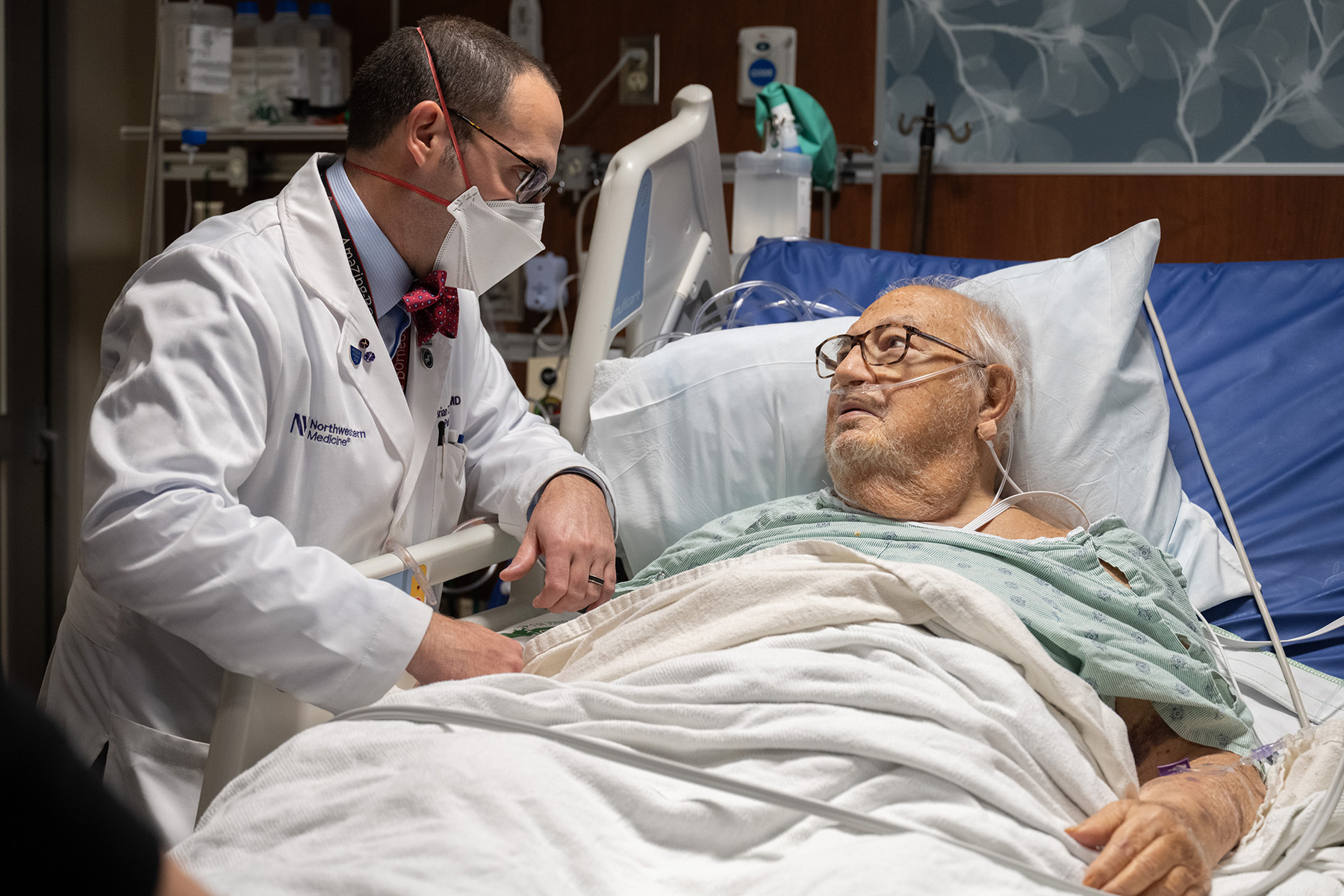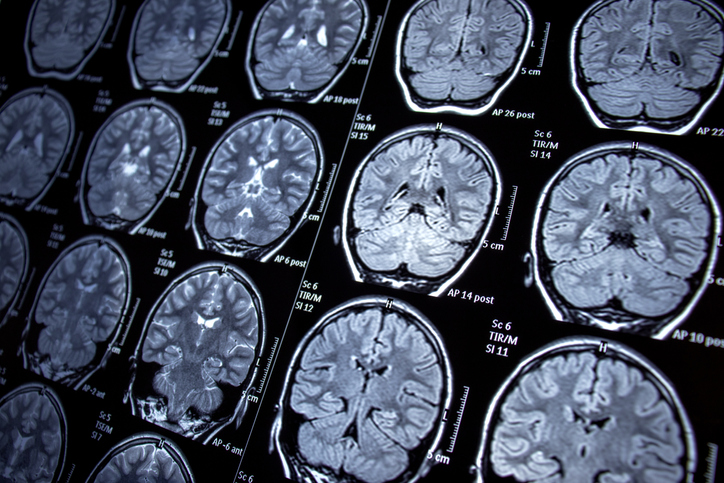Media Coverage
The work done by Northwestern University Feinberg School of Medicine faculty members (and even some students) is regularly highlighted in newspapers, online media outlets and more. Below you’ll find links to articles and videos of Feinberg in the news.
-
Crain’s Chicago Business
–
Parents of preemies will soon have an app, courtesy of Prentice doc
Craig Garfield, a neonatal hospitalist at Northwestern’s Prentice Women’s Hospital and an attending physician at Lurie Children’s Hospital, is developing an app that directly connects new parents to real-time information about their babies in intensive care. It’s the first app of its kind, according to Garfield. He’s working on it with Young Seok Lee, an adjunct professor at Northwestern’s Feinberg School of Medicine who has a Ph.D. in industrial engineering.
-
The Washington Post
–
Why egg freezing might work for women who want some semblance of work-life balance
Both the biological clock and the enormous demands of their careers may drive women to leave jobs in medicine to find work-life balance. Taking the biological clock partly out of the equation with egg freezing may help chill the burnout trend, allowing more women to stay in the medical field and continue practicing what they trained so hard to do.
-
Chicago Tribune
–
How long has your doctor been on duty? Groups protest idea of 28-hour shifts
Dr. Karl Bilimoria put it this way: “If you had your surgery in the morning on a Monday and Monday evening you had a complication that required you going back to the operating room at midnight, would you want the on-call person there or the team that was there and did your first operation in the morning who knew everything that happened and had a relationship with you? “Things get lost when doctors hand things off to each other,” said Bilimoria, director of the Surgical Outcomes and Quality Improvement Center at Northwestern University’s Feinberg School of Medicine.
-
CBS News
–
Can’t sleep? Camping could be the cure, study suggests
There is evidence, for example, that exposure to morning light is associated with appetite and weight control, said Dr. Phyllis Zee.
She said the new experiments are important because they demonstrate just how powerful exposure to natural light — and darkness — can be.
“Just two days of summer camping reset people’s clocks,” said Zee, director of the Center for Circadian and Sleep Medicine at Northwestern University in Chicago.
-
WebMD
–
Time Outdoors May Deliver Better Sleep
Outside, “you are pretty constrained by natural light-dark cycles and the intensity and light spectrum that you see in nature,” says Dr. Phyllis Zee, director for the Center for Circadian and Sleep Medicine at Northwestern University who was not involved with the study. Natural light, particularly morning sunshine, which is enriched with blue light, has a very powerful influence on setting internal clocks
-
U.S. News and World Report
–
Time Outdoors May Deliver Better Sleep
There is evidence, for example, that exposure to morning light is associated with appetite and weight control, said Dr. Phyllis Zee.
She said the new experiments are important because they demonstrate just how powerful exposure to natural light — and darkness — can be.
“Just two days of summer camping reset people’s clocks,” said Zee, director of the Center for Circadian and Sleep Medicine at Northwestern University in Chicago.
-
HealthDay
–
Time Outdoors May Deliver Better Sleep
There is evidence, for example, that exposure to morning light is associated with appetite and weight control, said Dr. Phyllis Zee.
She said the new experiments are important because they demonstrate just how powerful exposure to natural light — and darkness — can be.
“Just two days of summer camping reset people’s clocks,” said Zee, director of the Center for Circadian and Sleep Medicine at Northwestern University in Chicago.
-
NPR
–
Not Getting Enough Sleep? Camping In February Might Help
Outside, “you are pretty constrained by natural light-dark cycles and the intensity and light spectrum that you see in nature,” says Dr. Phyllis Zee, director for the Center for Circadian and Sleep Medicine at Northwestern University who was not involved with the study. Natural light, particularly morning sunshine, which is enriched with blue light, has a very powerful influence on setting internal clocks.
-
U.S. News & World Report
–
Even a Little Exercise Can Help With Arthritis, Study Says
However, this Northwestern University study found that doing even about one-third of that amount is still beneficial. The study involved more than 1,600 adults 49 or older who had arthritic pain or stiffness in their hips, knees or feet.
-
The Huffington Post
–
This Is What It Actually Means To Get A ‘Good Night’s Sleep’
The new metrics describe good-quality sleep, Sabra Abbott, a neurologist who specializes in circadian rhythm and sleep disorders at Northwestern Memorial Hospital, told HuffPost. But not everyone’s sleep looks the same, she added. “Just because you aren’t able to perfectly meet these four guidelines, it doesn’t necessarily mean that you have poor-quality sleep,” Abbott said. The metrics “are useful as an initial target.”






